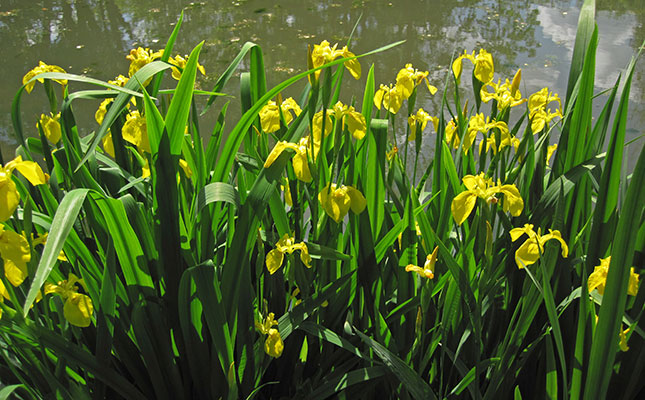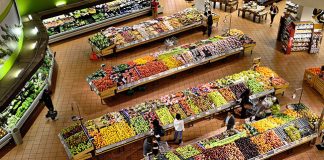
Photo: Flickr
The review was conducted by Prof Brian van Wilgen of the Centre for Invasion Biology at Stellenbosch University, Andrew Wannenburgh, ecologist at the Department of Forestry, Fisheries and the Environment, and John Wilson, science lead at the South African National Biodiversity Institute (SANBI).
“Although R310 million [adjusted to 2020 values] has been spent annually since 1998 to clear invasive alien plants, and progress has been made in places, we still haven’t won the battle. Several estimates show that to reduce alien plant invasions to manageable levels everywhere, we will need three to seven times more money,” the report said.
READ Making agriculture more bee-friendly
The government’s Working for Water project had been unable to reach its initial goal of creating 20 000 jobs to “win the war against invasive alien plants”.
The mismatch between “the dream and reality” was ascribed to the lack of sufficient funds, clear goals not being set, and various structural issues that made control less effective than it could have been. Insufficient monitoring was also mentioned in the report.
Nonetheless, the researchers remained optimistic about the programme and stated that it had played a positive role in ensuring that invasive alien plants were effectively controlled in, or prevented from invading, defined priority areas.
READ Mynah population surges in Kruger National Park
Van Wilgen told Farmer’s Weekly that invasive plants could, in the long run, have a marked impact on food security in the country.
The carrying capacity and production capacity of rangelands and grasslands would be significantly compromised by the unchecked invasion of alien plants.
“These plants also pose a real danger to water sources because of their increased water requirements compared with indigenous species. The aliens also pose a danger in terms of wildfires and could lead to very intense fires,” he added.
According to SANBI, a total of 559 alien species were regarded as invasive in South Africa. A further 560 species were prohibited from being introduced into South Africa.











